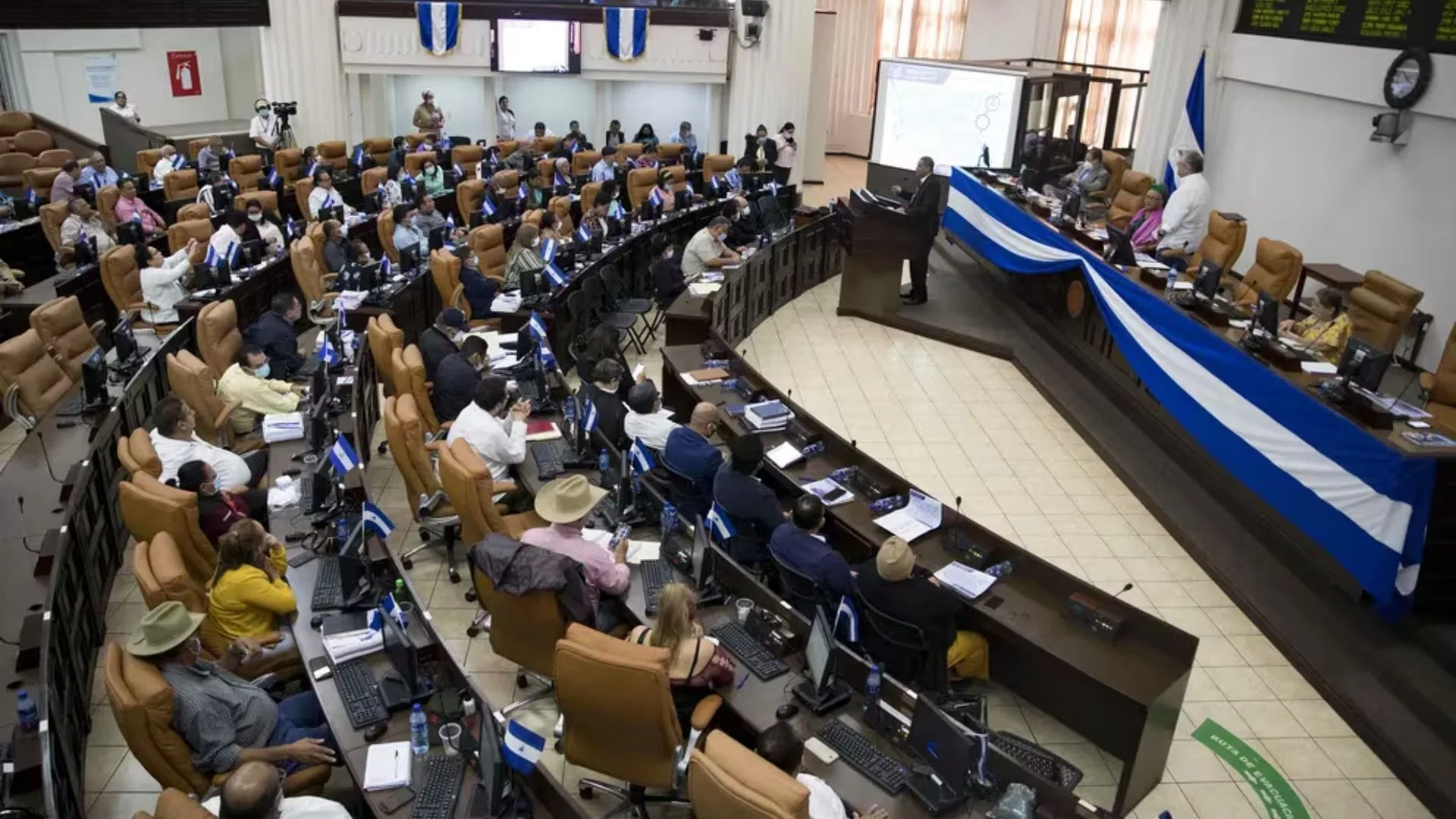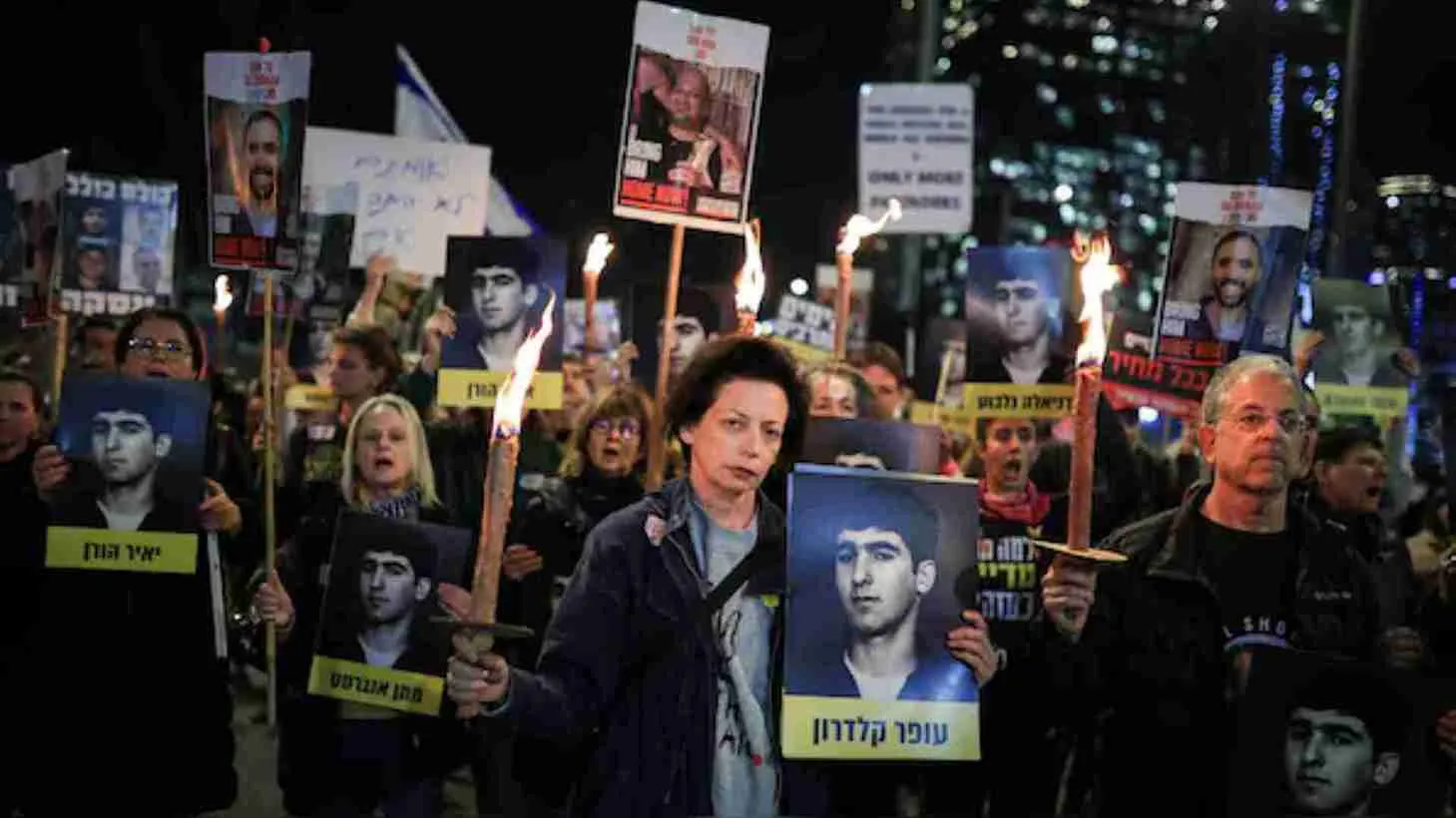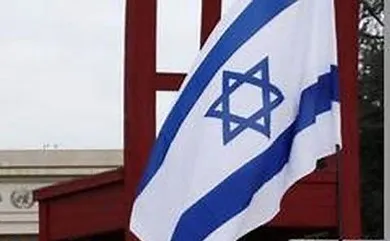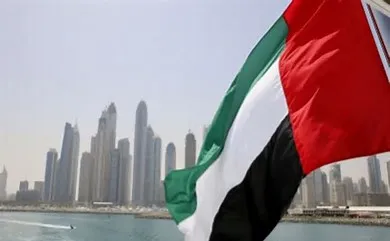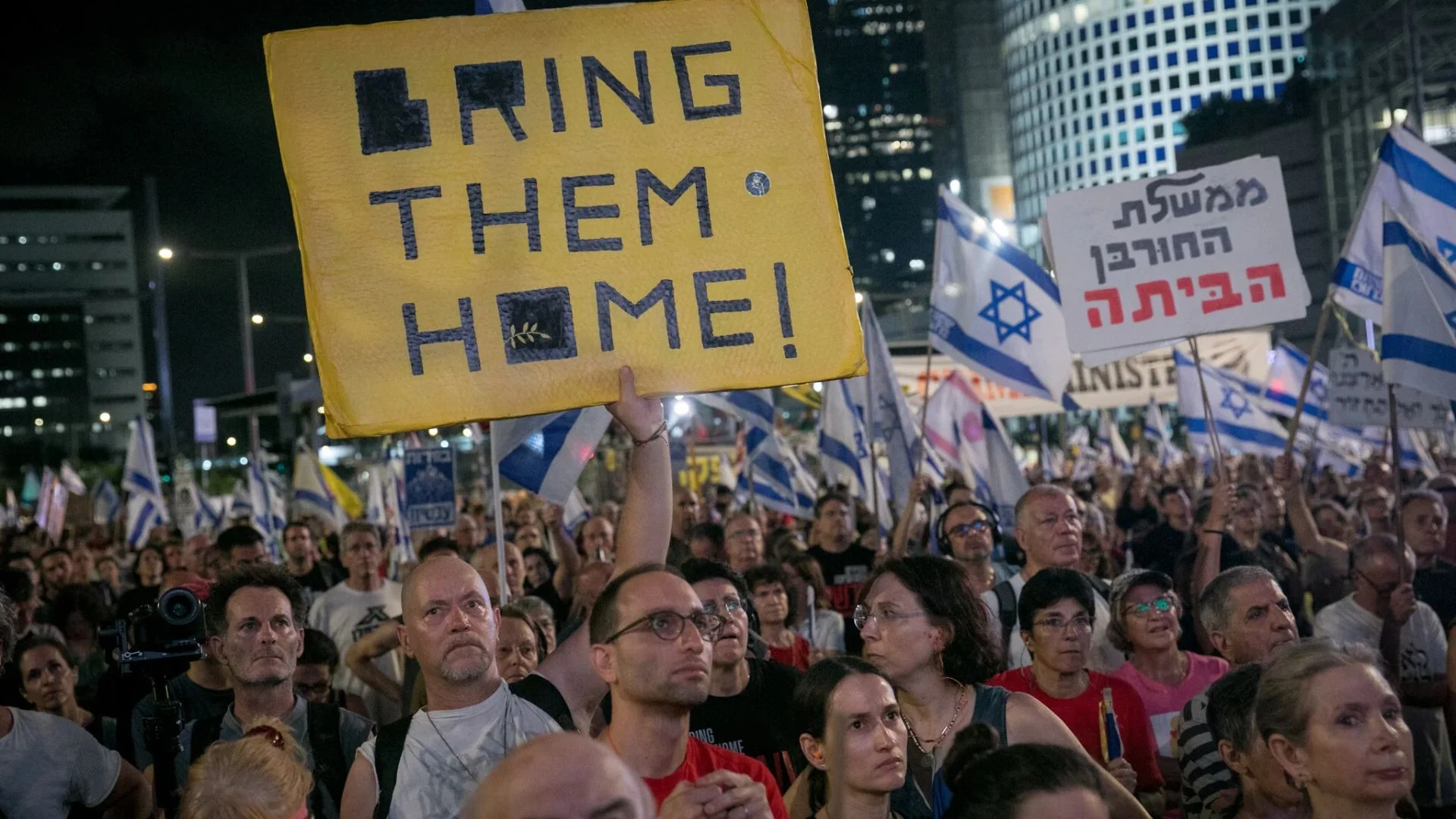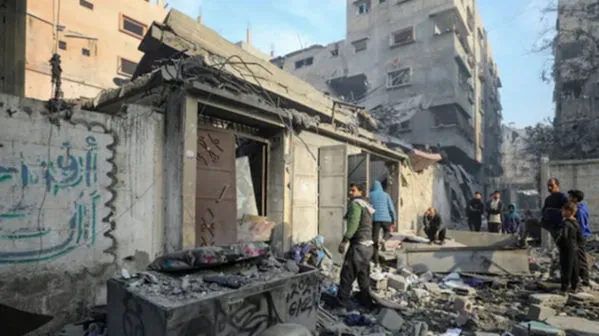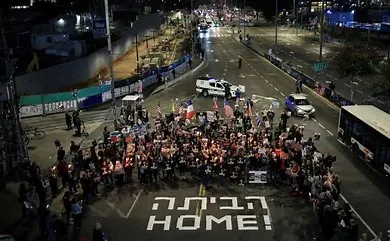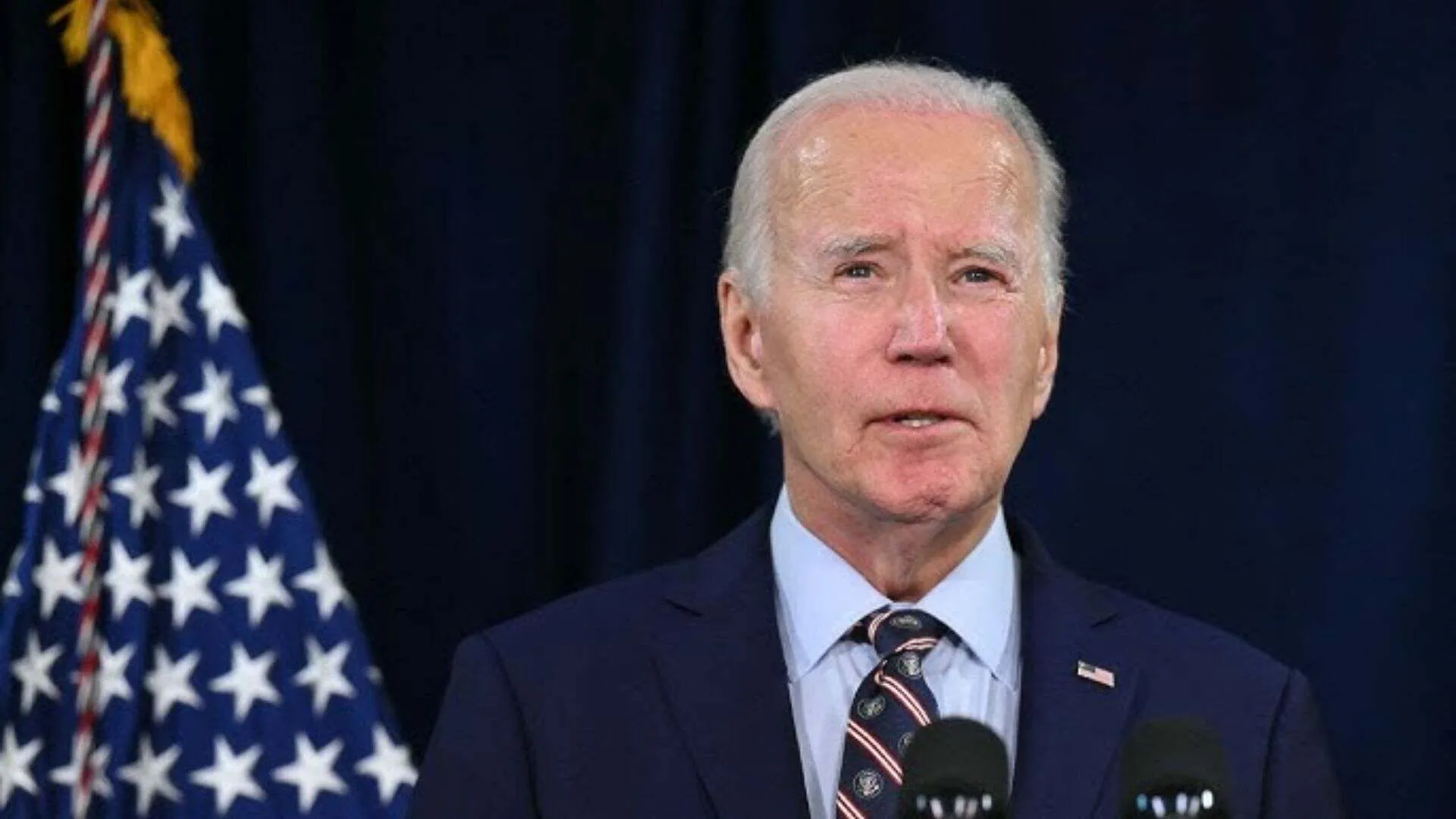Government Shuts Down Hundreds of Non-Profits
Nicaragua has canceled the registration of 1,500 non-profit organizations, marking another step in the government’s years-long clampdown on civil society. The affected groups, including many religious organizations, were accused of failing to submit financial reports for periods ranging from one to 35 years, according to a notice published in the government’s official gazette, La Gaceta.
Diverse Organizations Targeted
Among the shuttered groups are organizations focused on sports, women’s rights, LGBTQ rights, health, legal associations, and veterans’ clubs. Over 400 of these organizations were religious, most of them tied to Christian denominations. CNN has reached out to the Vatican and the Pontifical Commission for Latin America for comment on the situation.
Religious Groups and Opposition in the Crosshairs
Earlier this month, the Nicaraguan government also canceled the legal status of Caritas, a charity under the Diocese of Matagalpa, citing bureaucratic reasons. The diocese is led by Bishop Rolando Alvarez, a vocal critic of the Ortega government, who is currently living in exile after being convicted of conspiracy and treason.
Civil Liberties Under Attack
Under President Daniel Ortega, who secured a fifth term in 2021, civil liberties in Nicaragua have significantly diminished. His government has arrested opposition candidates, journalists, and human rights activists under vague national security laws. The regime’s response to anti-government protests in 2018 was marked by severe repression, resulting in hundreds of deaths, thousands of injuries, and widespread detentions, as reported by Human Rights Watch. The situation has forced tens of thousands of Nicaraguans to flee the country.
International Concern
In June, the United Nations voiced “grave concern” over Nicaragua’s deteriorating human rights situation. Since March, at least 35 people have been arrested as part of what the UN Deputy High Commissioner for Human Rights, Nada al-Nashif, described as a “crackdown on civic space.”

